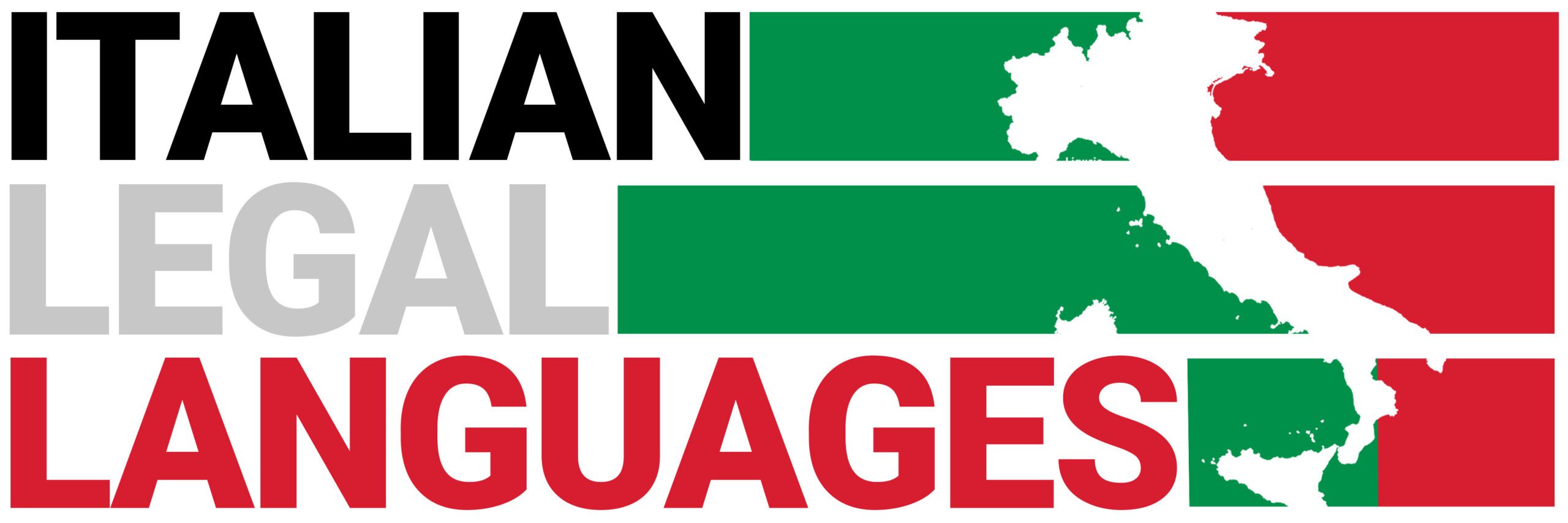Upon the demise of anyone holding title to assets in Italy, irrespective of nationality and living anywhere in the world, the Italian Civil Code speaks to the subject of succession law (commonly called “inheritance”) and the subsequent rights of heirs. Call us to learn if you are eligible.
Free Consultation: Call or tap (866) 694−5500
Summarily stated, there are three scenarios that describe variations on the theme of succession
I. Legal Succession (also known as Intestate Succession)
Legal Succession applies where the deceased has not left a will (intestate); in cases of intestate succession, it is Italian law that establishes who is to inherit the decedent’s estate. Successors in title (children or grandchildren) or relatives in ascending line (parents or grandparents) up to the sixth degree may participate; all biological children are included.
Please see our “Italian Inheritance Distribution” page with diagrams representing the shares to be received by Italian and non-Italian heirs.
II. Testamentary Succession (deceased with a will)
Testamentary Succession applies when the deceased leaves a will in which the heirship follows the distribution of assets as mandated by the will. Italian law imposes what may be called “forced heirship”, a term implying that specific relatives are entitled to a fixed proportion of a decedent’s estate. An Italian will must be drawn up in writing (an oral will is not valid) and can be revoked at any time.
III. Succession by necessity (“non-conforming” will)
In cases of testate succession, the law recognizes the obligatory rights of successors to share in the estate, even if the deceased did not provide for them. If the deceased did not reside in Italy this rule may not apply.
If you have family or roots in Italy and have lost track of the family real estate or other assets, it would be wise to be aware of the statutes of limitations. You may fill in the form on the Contact page, briefly stating your situation making specific reference to time frames.







 选择居留签证仅适用于在原籍国拥有丰富资产和储蓄的个 人。 此种签证适用于那些想在意大利生活而没有任何雇傭合 约的外国人。因此,持这种签证在意大利是不能工作的。
选择居留签证仅适用于在原籍国拥有丰富资产和储蓄的个 人。 此种签证适用于那些想在意大利生活而没有任何雇傭合 约的外国人。因此,持这种签证在意大利是不能工作的。